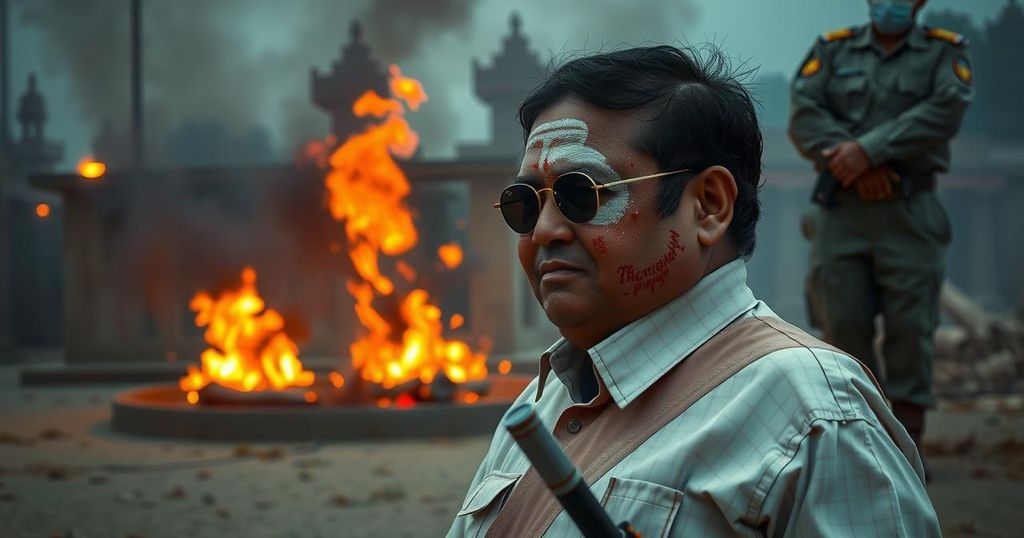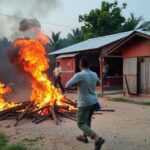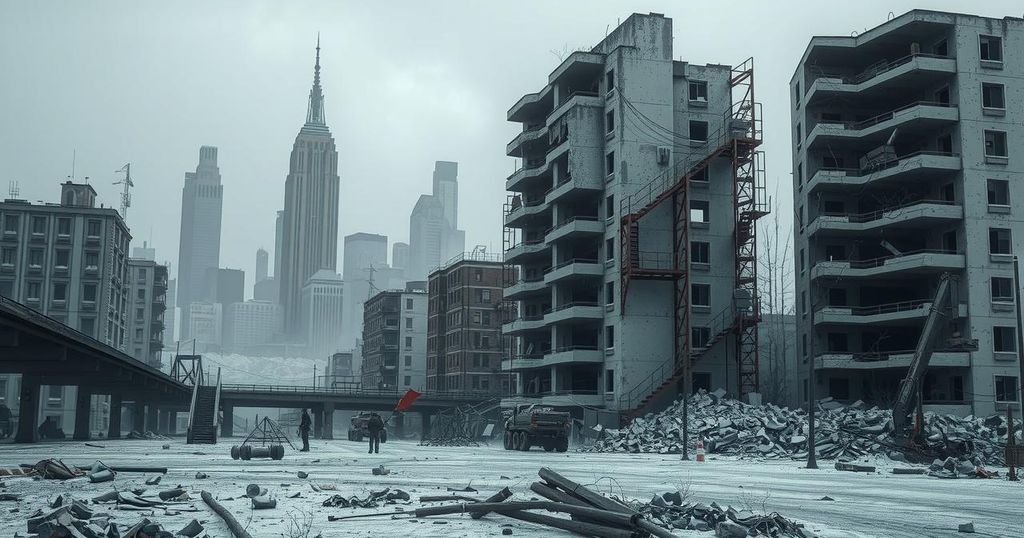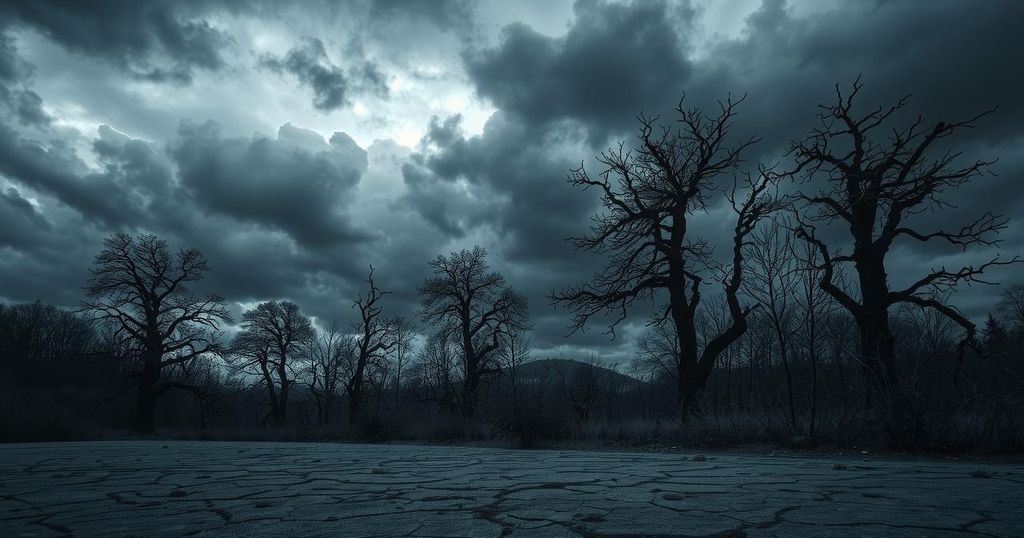Escalating Ethnic Conflict in Manipur: Impact of Myanmar’s Civil War
The return of fighters from Myanmar to Manipur is exacerbating a 19-month ethnic conflict, particularly between the Meitei and Kuki communities. Over 260 deaths have occurred, and 60,000 people have been displaced since May 2023. The Indian government has deployed additional troops to manage the conflict, which has also been fueled by illicit trade and arms trafficking.
In recent months, an influx of fighters from Myanmar’s civil war has heightened the ethnic conflict in Manipur, India, primarily between the Meitei community and Kuki tribes. Escaped militants have returned with advanced weaponry, aggravating violence that has already resulted in approximately 260 fatalities and displaced over 60,000 individuals since May 2023. In response, the Indian government has increased military presence in the state to combat escalating tensions, marked by a surge of extortion and illicit drug trade driven by rival factions acquiring funds for weapons.
The enduring conflict in Manipur, fueled in part by a court ruling favoring the Meitei community, remains complex, with historical tensions and external influences from Myanmar’s ongoing civil strife. The Indian military reports that both Meitei and Kuki groups are now better armed, complicating the situation as violence spills over the border. Additionally, illegal arms trafficking, exacerbated by looting in the initial conflict phase, indicates the deepening crisis requiring urgent attention from security forces.
As the authority struggles to contain this spillover from Myanmar, the government has announced plans to erect a fence along the extensive border to curb the flow of militants and arms. Meanwhile, local authorities acknowledge the debilitating impact of illegal drug trade and extortion, which further empowers these armed factions, leading to a cycle of violence that has persisted in the region.
The civil war in Myanmar has had spillover effects into the northeastern regions of India, particularly in Manipur, where ethnic tensions have escalated into violent conflict. The Meitei and Kuki communities have historically contested power resources and governmental support, and recent developments, including returnees from the conflict in Myanmar, further complicate these dynamics. The region’s geography—with its porous borders—facilitates the movement of armed insurgents and weapons, making the situation notably challenging for Indian security forces. In particular, criticisms of the Indian government’s failure to maintain order point to a significant deterioration in law enforcement capabilities, which has led to wide-ranging violence and instability.
In conclusion, the resurgence of fighters from Myanmar into Manipur has intensified existing ethnic conflicts, underscoring a critical security crisis for the Indian government. The decisive government actions, including increased military deployment and border security measures, reflect the urgency of managing both ethnic tensions and external military influences. However, unless comprehensive measures addressing the underlying causes of the conflict and the illicit arms and drug trade are enacted, the prospects for lasting peace remain bleak.
Original Source: www.bangkokpost.com








Post Comment